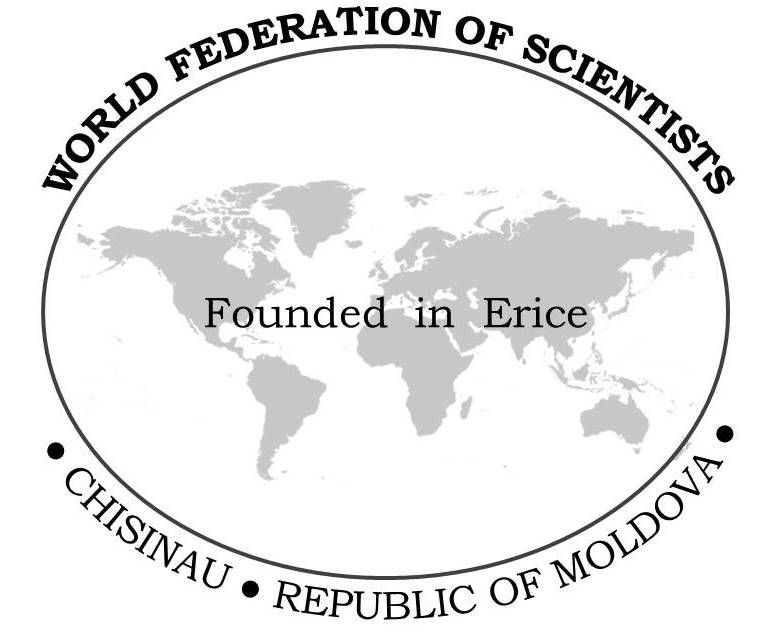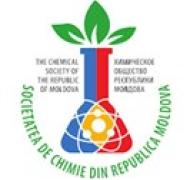- 97 views
- The Beginnings of the Society of Chemistry of Moldova (SChRM)
The history of the Society of Chemistry of the Republic of Moldova has its roots in the post-war period, but the development of chemistry in Bessarabia began during the interwar period. At that time, Bessarabia was part of Romania, and education and chemical research were influenced by the universities of Iași and Bucharest. Young Bessarabians went to study in Romania and returned with the knowledge they had acquired, thus contributing to the formation of the first scientific nuclei in the field of chemistry. In the years following World War II, the Republic of Moldova, under Soviet occupation, experienced significant development in the exact sciences, including chemistry. Chemical research was concentrated in several key institutions, such as the Pedagogical University of Tiraspol (founded in 1930), the State University of Moldova (founded in 1946), and the Academy of Sciences of Moldova (founded in 1961). These institutions formed the initial nuclei of the community of chemists who, over time, played a decisive role in the establishment of the SChRM. An essential role in the development of chemistry was played by the scientific leaders of the time, who aspired for an institution that would bring together chemists from various sectors to coordinate research and education in this field. In the 1960s, the first informal meetings between chemists from universities, research institutes, and industry took place, where they discussed the need for an organization to represent their interests.
- The Official Establishment of SChRM.
In 1970, at the initiative of a group of renowned chemists, such as acad. A. Ablov, acad. T. Malinovschi, acad. N. Gărbălău, acad. I. Bersuker, prof. D. Batâr, acad. P. Vlad, and others, the Society of Chemistry of the Republic of Moldova was organized, but it was only officially registered in 2002. The main objectives of SChRM were the promotion of scientific research in chemistry, supporting chemical education, and facilitating collaboration between chemists from various fields: academic, industrial, and educational. SChRM quickly became an active forum for exchanging ideas, organizing scientific conferences and symposia, and supporting young researchers. During the Soviet period, the society maintained close ties with the scientific community of the Soviet Union, contributing to the consolidation of Moldovan chemistry's prestige. This period was marked by significant progress in fields such as inorganic chemistry, coordination chemistry, organic chemistry and natural compounds, advanced materials, and environmental chemistry.
- The Evolution of SChRM After Moldova's Independence.
After the declaration of independence of the Republic of Moldova in 1991, the Society of Chemistry of Moldova underwent a significant transition. During this period, SChRM increasingly focused on integrating into the international scientific community, developing partnerships with organizations and universities in Europe, especially in Romania. Relations with the Romanian Academy and Romanian chemical institutes intensified, and collaborations with Romanian universities became more active. A crucial moment in SChRM's history was Moldova's accession to various international scientific organizations, such as IUPAC and EuChemS. Through these partnerships, SChRM contributed to the modernization of the university chemistry curriculum and the establishment of new research laboratories.
- Notable Activities and Achievements.
Over the years, SChRM has organized numerous scientific conferences and symposia, both nationally and internationally. Among the most important events are the International Conferences of the Society of Chemistry of the Republic of Moldova "Achievements and Perspectives of Contemporary Chemistry," the International Conferences "Physical Methods in Coordination and Supramolecular Chemistry," and the International Conferences "Ecological and Environmental Chemistry," which bring together chemists from various fields. SChRM has actively supported chemical education, offering scholarships and awards to young researchers, thereby contributing to the formation of a new generation of specialists. In recent years, SChRM has been involved in promoting multidisciplinary research projects aimed at addressing current issues such as sustainable water resource management, pollution reduction, and the development of new multifunctional materials.
- Main Research Areas.
The Institute of Chemistry, the Faculty of Chemistry and Chemical Technology of USM, and the Faculty of Chemistry and Biology of the "Ion Creangă" State Pedagogical University in Chișinău lead the main chemistry research programs, including:
- Inorganic Chemistry and Advanced Materials – Development of nanomaterials and innovative compounds.
- Organic, Bioorganic, and Natural Compounds Chemistry – Synthesis and application of organic compounds.
- Analytical Chemistry and Physico-Chemical Methods of Analysis – Development of modern analytical techniques.
- Physical Chemistry and Chemical Kinetics – Studies on the dynamics and thermodynamics of chemical processes.
- Pharmaceutical and Cosmetic Chemistry – Research on medicines and cosmetic products.
- Quantum and Computational Chemistry – Molecular simulations for understanding chemical reactions.
- Electrochemistry and Redox Processes – Research in the field of electrochemical processes.
- Ecological Chemistry – Reducing the chemical impact on the environment and synthesizing carbon adsorbents for environmental and human health treatment.
- Training Specialists in Chemistry.
The Faculty of Chemistry and Chemical Technology at USM and the Faculty of Biology and Chemistry at the "Ion Creangă" State Pedagogical University in Chișinău play an essential role in training chemists in Moldova. Over 10,000 specialists have been trained in various fields, including pedagogy, industrial chemistry, ecological chemistry, pharmaceutical chemistry, and cosmetic chemistry. Many of them have become PhDs or habilitated doctors, contributing to the development of science and the chemical industry.
- The Chemical Industry in the Republic of Moldova.
The chemical industry plays an important role in the national economy. The main branches include:
- The pharmaceutical industry – Production of medicines.
- The cosmetic industry – Personal care products.
- The basic chemical industry – Chemical products for agriculture and construction.
- The polymer industry – Production of plastics and polymers.
- The wine industry – Use of chemistry in winemaking.
- The food industry – Use of chemical and biochemical processes in the processing of plant and animal raw materials.
- Future Perspectives.
SChRM aims to continue expanding international collaborations and supporting innovation in fields such as computational chemistry, advanced materials, and pharmaceutical chemistry. The society will continue to contribute to the education and training of young chemists, strengthening its role in the global scientific community and promoting solutions to future challenges. Thus, the Society of Chemistry of the Republic of Moldova will remain a central player in the country's scientific development, supporting sustainable technological progress.
President of SChRM,
Acad. Prof. Gheorghe Duca

